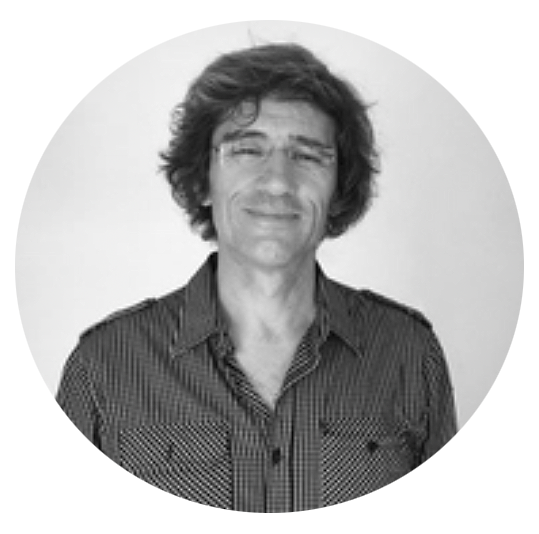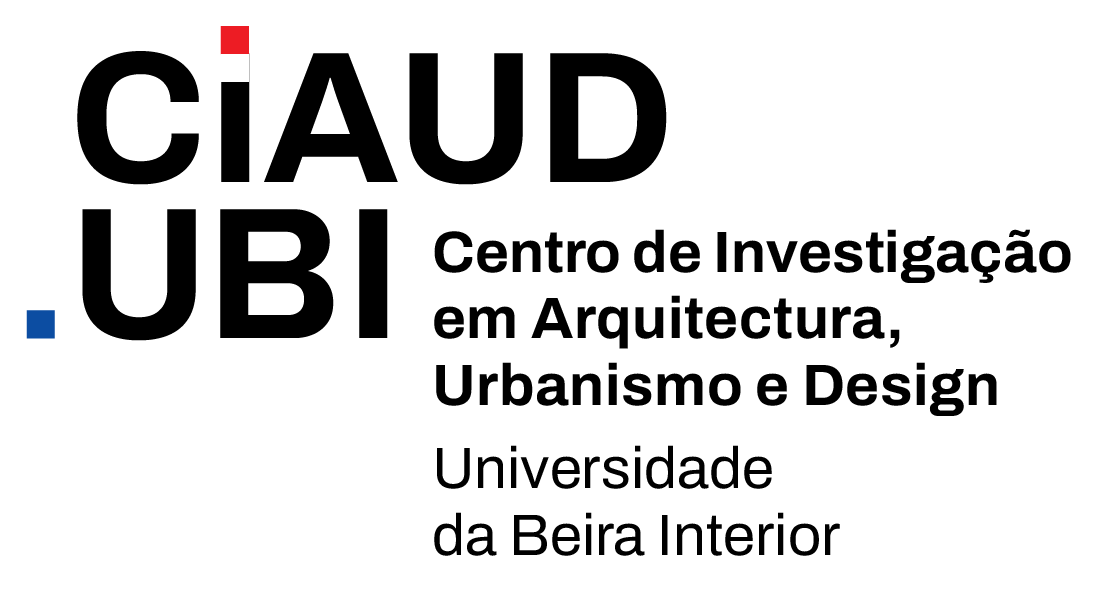
Afonso Nuno Henrique Martins
Over the past 15 years, I have taught in architectural graduate and master programs in Portugal and lectured, led workshops and participated in teaching exchange programs in many countries: the UK, Brazil, Switzerland, Turkey, Czech Republic, Germany, Mexico, Pakistan, Taiwan, India, Poland and Mozambique. My research projects addressed humanitarian architecture, disaster risk reduction, community resilience, and informal settlement upgrading. As a volunteer and project manager in the NGO Building 4 Humanity, Design, and Reconstructing Communities Association I have been leading multidisciplinary teams in projects and missions in Portugal, Africa, Brazil and India. The outcomes of these missions have been presented in forums, seminars, training courses, scientific conferences, books, and scientific and technical journals. My current research interests include the re-visitation of the concept of incremental housing within humanitarian architecture for risk and climate change adaptation. My work in the humanitarian field includes missions with vulnerable communities in the favelas and slums. After four years of growing involvement in the area, I chaired a leading scientific meeting in disaster risk reduction and Architecture for risk and Resilience: The International Conference on Building Resilience. This major event granted me, the organizing team and a few colleagues the opportunity to launch the worldwide spread Building 4Humanity Design Competition. I have therefore been championing a humanitarian approach to architecture in many ways at a national and international level, focusing on communities highly vulnerable to poverty and, concomitantly, disaster risk. This further includes lecturing in graduate and postgraduate courses, keynote speeches, conference presentations across the globe, training, action-research projects, scientific and technical expeditions, and organization of the aforementioned design competitions. My intense action-research activity has been followed by a systematic reflection which in turn leads to a better practice, in a two-way interactive process.
